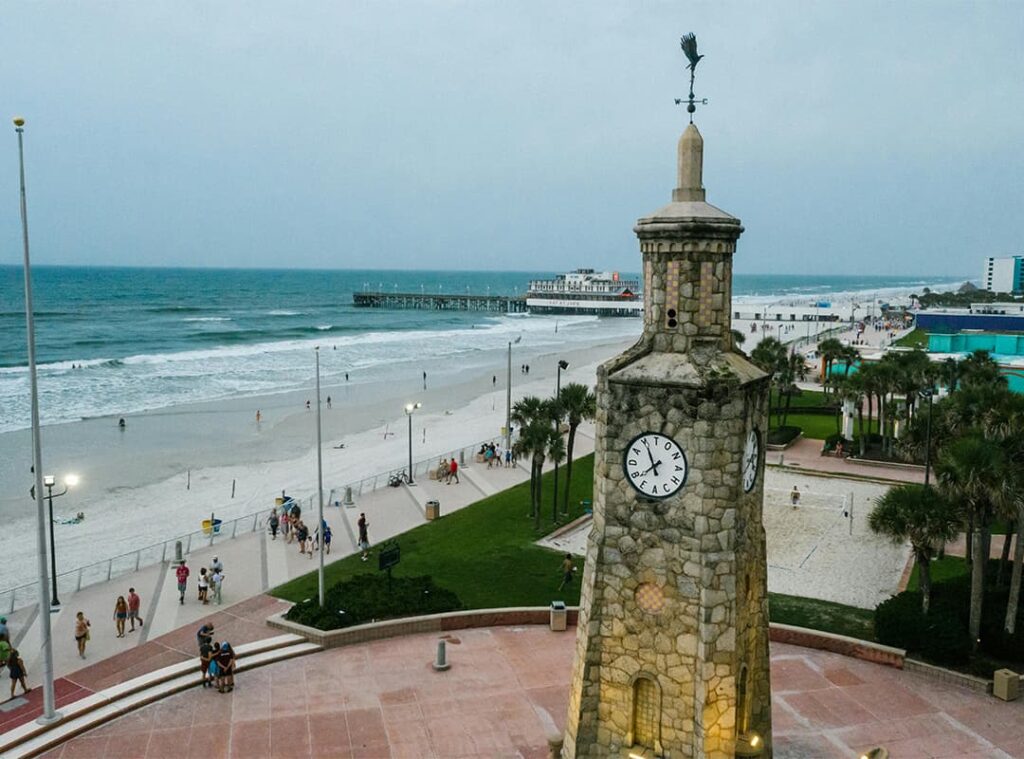The fingerprints of different peoples are preserved in historical and cultural monuments in a Florida state park. Many cultures have shaped the Florida experience as the state’s governance has passed between Indians, Spanish, British, and Americans.
The independence of the Southeastern American Indians, who came together to form the Seminole tribe, can be traced in several parks, including Collier Seminole State Park. Fort Mose Historic State Park, the site of the first free black settlement in what is now the United States, commemorates African Americans who tried to escape injustice in the early 1700s. The Latin American influence can be explored at Ybor City State Park, which celebrates the impact of the first Cuban immigrants in the state.
Living history programs with period interpreters preserve oral history and classical skills for the next generation. Visitors can see the ingenuity and innovation that it takes for anyone to survive and thrive in the sometimes challenging conditions of a subtropical climate. Dudley Farm Historic State Park immerses visitors in a fully operational farm from the 1880s. Many state parks trace the causes and stages of the Civil War and its impact on all people.
Each historic site connects us to our past and shows us what shaped the people who came before. For centuries, people have sought to connect with the heavens, some building ever higher structures to get closer to the divine. At what is now Lechworth-Love Mounds Archaeological State Park, home to the tallest ceremonial mound, Florida’s prehistoric communities built structures to honor their deities and the bountiful land.
The land has influenced the people of Florida and their culture. The historic Marjorie Kinnan Rawlings State Park, now known as Marjorie Kinnan State Park, was the inspiration for the setting in the classic novels The Yearling and Cross Creek. Florida’s cultural and musical influences are heard in the melodies and lyrics at the annual Florida Folk Festival at Stephen Foster State Park.
Florida’s state parks give visitors a glimpse into the past, an opportunity to appreciate the journeys of our ancestors and a vision of our future.
